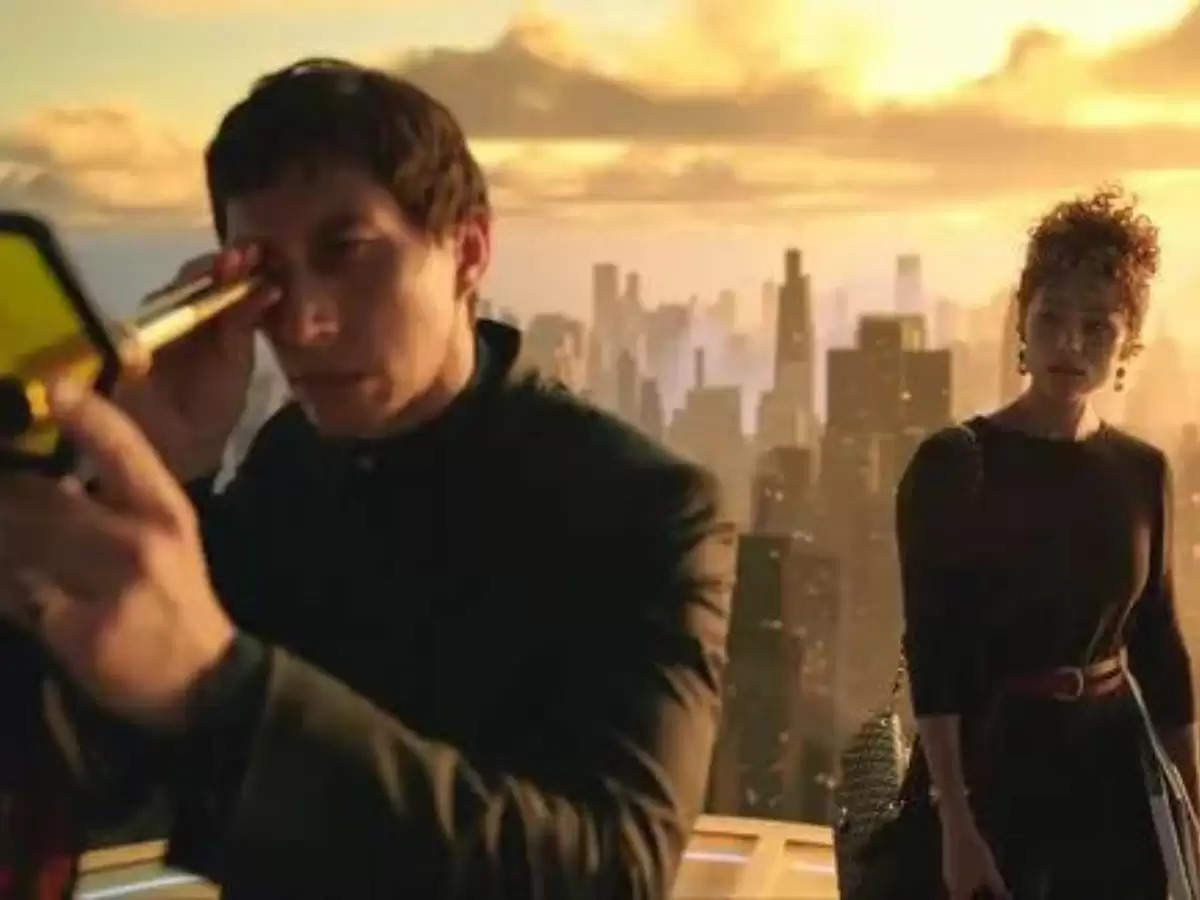Francis Ford Coppola's 'Megalopolis' is exactly the risk Hollywood needs

A1 Digital India News: By now you've heard that Francis Ford Coppola, a maniac some call mad, spent more than $100 million of his own money making "Megalopolis," his tale of a futuristic utopia that took four decades to make, and which finally opens in theaters this week.
You might think that's a concern of Mr. Coppola's, but I've spent a lot of time talking to him about movies, human history and, frankly, how we can make the world a better place, and I assure you it's not a concern of his.' That's because he didn't make "Megalopolis" to make money -- like he made "Apocalypse Now" to make money or "The Conversation" or "One of the Hearts" or "Rumble Fish" to make money. It wasn't made to win.
Mr. Coppola is first and foremost an artist. Even early in his career, when he didn't have a single dollar to spend, the approach was simple: He couldn't live without spending his own money on the movies he made. It's a concept that we, the foolish U.S. audience - an entertainment press that harbors some long-standing misconceptions about the box office, Hollywood's depravity, and the uplifting and (perhaps happily anticipated) notions of over-the-top celebrity suffering - often struggle to understand.
You probably don't remember the press coverage that preceded the release of "Apocalypse Now" in 1979, which was called "Coppola's Folly," with a good amount of schadenfreude. In response, Coppola rightly pointed out that no one bothered Hollywood spending millions (and even millions more) on a movie like "Superman II." At the time, Mr. Coppola was portrayed as an egotistical, wild-eyed lunatic.
But "Apocalypse Now" has since turned a handsome profit, and even if it didn't, it would still be "Apocalypse Now," a film that is widely regarded as a masterpiece. "Metropolis," a 1927 film that had a clear influence on "Megalopolis," was expensive to make, was re-edited by its American distributor after its initial release, and was greeted with many derisive reviews. Yet nearly a century later, it remains an icon of cinema.
From this perspective, Mr. Coppola is one of the bravest men in American film. He is willing to risk not only his fortune but also his artistic comfort and acclaim to achieve something that could easily be put to rest forever — that's a word you Americans hear very rarely in the movie business.
Every generation has complained that Hollywood is over. In fact, each generation is better than the last. The current prognosis seems particularly grim: Movie theaters are on the decline; adults are left to evaluate horror films that dominate independent films; and all of this is competing with the vast wasteland of streaming content. This is all the more reason to celebrate a man like Mr. Coppola, because he created everything he represents. Under the banner of his new Artists Studio, operated by American Zoetrope, he has always stood for a political, technical, artistic, industrial vision. He not only makes the movies of his dreams, but he also makes them his way — and as a producer, he makes it easy for others — with a premium on experimentation and collaboration. Yes, this commitment has bankrupted him in the past. But that hasn’t stopped him.
If Hollywood is to survive as a movie business, it must take a lesson from Mr. Coppola and accept the risk. How much of a risk that is depends on each individual, but if Hollywood continues to think that audiences have no imagination, it will only attract viewers who don't like movies. Hollywood cannot compete with YouTube and TikTok for audiences because it has turned its back on the very thing that differentiated itself: providing the cinematic experience.
Mr. Coppola's personal expenses on "Megalopolis" funded the period of exploration necessary to find something new. The word for that era in Hollywood was "development," and it basically doesn't exist anymore. The devastating effects of its disappearance are obvious to anyone who has watched the slow disappearance of an original script like "Megalopolis." Nowadays, you have to know what a movie will be like before you make it, which means, usually, you're making something that's already been made.
Hollywood has always been a business -- and, it must be said, it's an intrinsically bad business model. When it comes to making money, Wall Street laughs at Hollywood. But the irony is that Hollywood has done it so well that it can do it again: the truth is that it's not the best place to make money. None of your favorite movies are complete once they've been greenlit.
